Economic Issues
Economic Issues
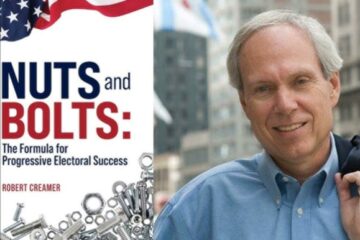
“Defending Democracy” is Fighting for You, Not the Status Quo
In the wake of the shocking presidential election, we Democrats now have an opportunity and an obligation. Once again, the heartland of America saw the Democratic Party as two-coast elitists. Our guest today, veteran political organizer Bob Creamer says despite
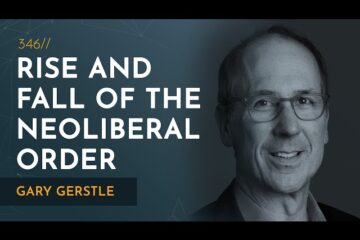
The Demise if Neoliberalism. At Last
Reagan, Clinton, and Obama all boosted neoliberalism. But Biden is showing that he’s on a different track. Democrats in the 90s moved away from FDRs liberalism only to solidify Wall St’s hold on our economic life and political power. In
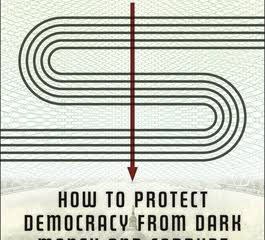
Is Corporatocracy Unstoppable?
Corporations have their own interests at heart. From post-Civil War America through to Germany in 1933 to America today. And knowing public image counts, many try to have it both ways: bragging that they support reproductive and LGBTQ rights as
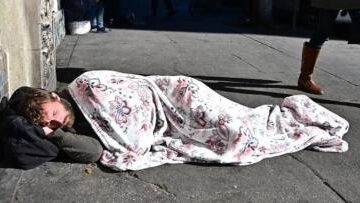
Criminalizing The Unhoused Gets Us Nowhere
Some might call it “cruel and unusual punishment,” arresting, sweeping the parks, bulldozing homeless encampments. Others believe if people are poor it’s their own fault. On this show, the Reverend Dr. Liz Theoharis of The Kairos Center discusses an essay
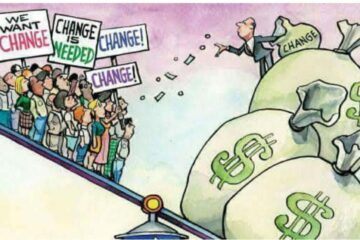
Waving Goodbye to Neoliberalism?
It may have the word “liberal” in it but it’s anything but. Until the Biden/Harris years, the corporate wing of the Democratic Party had its deserved image of serving the richest among us. Trump understood raw populist anger to win
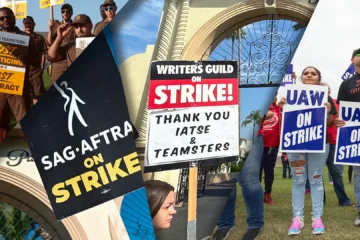
Union Curious in the Mid-2020s
Unions have achieved some historic victories recently. But though many workers are curious, there’s still reluctance to joining a union. As co-author of a new report called “Union Curious,” UC San Diego’s political economy professor John Ahlquist explains on this

Heather Cox Richardson: Yes Democracy is Awakening
In a democracy, we expect to have our own say over how we are governed. There’s a great grumbling throughout America because many don’t feel listened to. That’s the impetus behind today’s Trumpist populism. This populism is the voice of
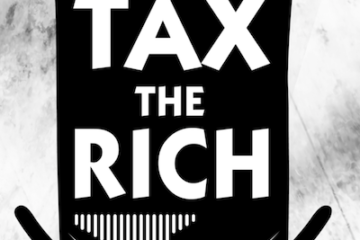
Inspiration from Massachusetts: A New Wealth Tax Works
Across the United States there is tremendous support for a taxing the wealthiest among us. So why doesn’t it happen? Well, in Massachusetts, it has. As Inequality.org’s Sam Pizzigati explains in this segment, there was powerful resistance to the new

Wisconsin Rural Voters: Challenge and Opportunity for Democrats
Wisconsin is a key swing state in the upcoming election, with traditions of both real right and real left. On today’s show on-the-ground journalist Christina Lieffring tells us about realities in that 90% rural state. She says to win voters,
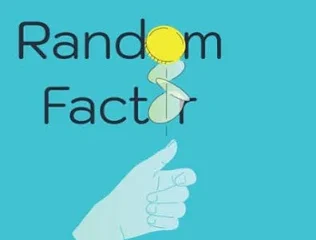
Rugged Individualism And The Role of Luck
America is an outlier: here it’s commonly accepted that if you succeed or fail you deserve it. We believe we make our own luck. And we blame ourselves for what’s really random bad luck. But that’s counterproductive, according to the
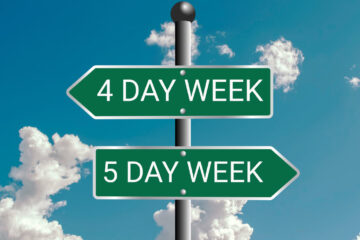
A 32 Hour Work Week: The Time is Now
CEOs cry that shorter work weeks will bankrupt their companies. The reality is a 4 day work week around the world has already brought results that are “off the charts.” A shorter work week means more jobs. And people lose
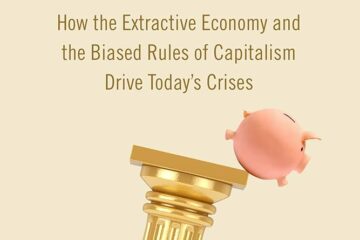
Wealth Supremacy is On Autopilot: That’s Not the Only Option
In the current American version of capitalism, all of us are “thingified:” our only value being as digits on the way to corporate profits. This reflects a core bias in the system toward serving the very richest. But it doesn’t
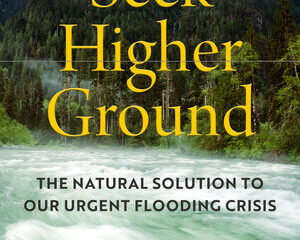
Seek Higher Ground: The Laws of Nature are Not Optional
We’ve built all the dams we need and that nature can handle. Development in flood zones is still happening faster than more sustainable locations. In his new book; Seek Higher Ground, The Natural Solution to Our Urgent Flooding Crisis, award
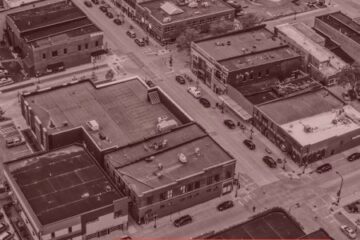
Why Place Supplants Issues in the Heartland
Most of us can guess but there’s nothing like serious scientific research when it comes to understanding political change. In her forthcoming book How the Heartland Went Red, Harvard’s Stephanie Termullo shares her findings from extensive field research in three
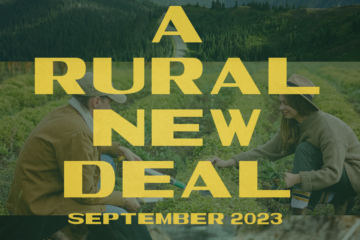
How About A Rural New Deal?
Liberals usually fail to connect and inspire people of the rural mid-west. And we lose elections. But if we’re true to tradition, we should take the lead in solving rural alienation. Our guest today Jessica Corbett explains a new report
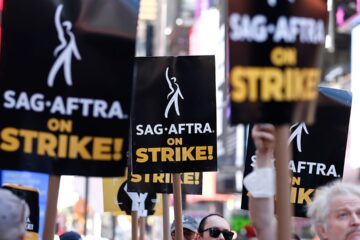
Wither American Arts?
The writers and screen actors strike is an example of what’s happening to working people: the rents are too damn high. Housing is at the root of so many issues of the 2020s, including a stagnation in the arts. On
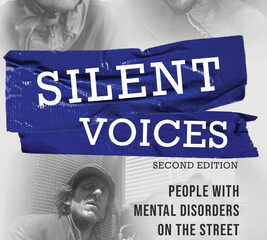
Finding Unexpected Bravery and Tenacity Among the Homeless
Many of those of us who have homes wish the homeless were invisible. Unknown, clearly on hard times, why isn’t it done, why is it in all of our interest to prevent homelessness? Noted psychiatrist Dr. Robert Okin lived for
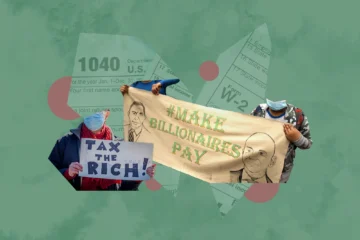
This Supreme Court May Preemptively Ban Wealth Tax
It used to be just the far right fighting against an income tax. Now that’s the Republican Party. On this show Matt Ford, staff writer for The New Republic explains a case the court soon may or may not take

How Does an Economic System So Hostile to Life Endure for Centuries?
We may accept today’s economic system as just part of the natural order; but in truth capitalism started with overt violence. Centuries later it has morphed into what our guest calls Mute Compulsion. And now here we are, faced with
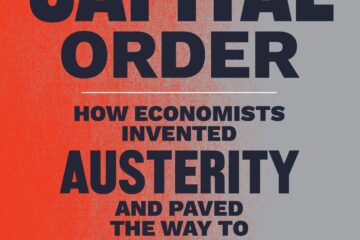
The Real Purpose of The Fed’s Rate Hikes and Austerity
The unchecked power of the Federal Reserve claims its current, never ending rate hike strategy is about curbing inflation. It is not, according to our guest today, economics professor Clara Mattei. That we have become so used to it we

Why Pakistan Matters. A Lot.
How big do you think Pakistan is? Would you guess over 200 million people? It’s a nuclear armed power, deeply in debt, with a few rich powers and the military in control. On this show Murtaza Hussain fills in what

The Self-Serving Purpose of Philanthropy
At this time of year, we all think about giving. But what are philanthropists all about? To launder a plutocrat’s reputation, preserving great wealth and maintaining dominance and control. Our guest Edgar Villanueva has a new book, a second edition

Do Democrats Want to Win? Ignoring Voiceless Rural People Is a Sure Way to Lose.
We can’t do it by talking down to middle Americans. If Democrats don’t get that rural Americans have fear that what little they have may be taken away, we stand to lose yet again. Victory comes when we listen, respect

The Beloved Queen is Gone, Now the Class War Resumes
It took a mere ten days before the UK’s new prime minister blew it big time. Liz Truss’s budget was instantly panned; pretending to be trickle down, it gushes money upwards to those who need it least. On this show
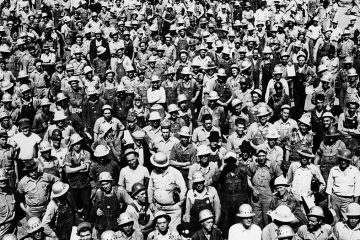
How Democrats Can Win Back Working People from the GOP
Elitists in Democratic Party bring avoidable disasters. From northern Iowa, Professor Wallace Hettle sees how the power of big money over the Democratic Party pushes away working people, farmers, and others in the hollowed-out heartland. Terry McAullife’s loss in Virginia
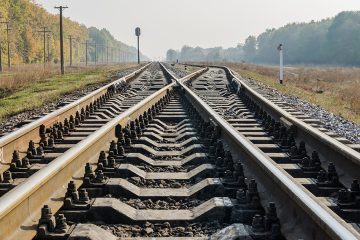
Nationalize Railroads While There are Still Assets
A crippling rail strike seems to have been averted. Barely. You and I may think of the railroads as ways to move freight, but as our guest today observes: “The railroad companies have been Wall Street’s plaything throughout their half-century
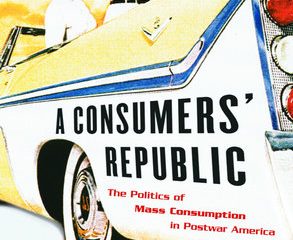
Why Do Americans Buy So Much Stuff?
A consumers republic was born at the end of the second world war. And though it was genuinely intended to be a tide lifting all boats, it has increased economic inequality and created isolation where public space once was central.
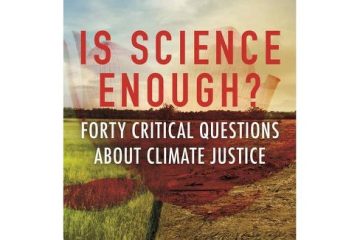
The High Price of American Exceptionalism on the Earth
Do you buy into American Exceptionalism? Politicians of both parties do. But what does it mean to the planet? On this show professor Aviva Chomsky sheds light on the aspects of exceptionalism we don’t want to see. Technical tweaks alone
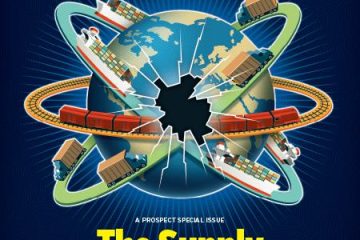
The Supply Chain Debacle Explained
The break in the supply chain feels sudden but it’s been building for some 50 years. And our guest American Prospect Executive Editor David Dayen explains in an special edition of the magazine: “None of the private players involved have
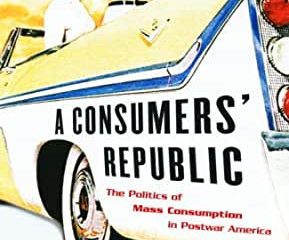
Why Americans Buy So Much Stuff.
A consumers republic was born at the end of the second world war. And though it was genuinely intended to be a tide lifting all boats, it has increased economic inequality and created isolation where public space once was central.